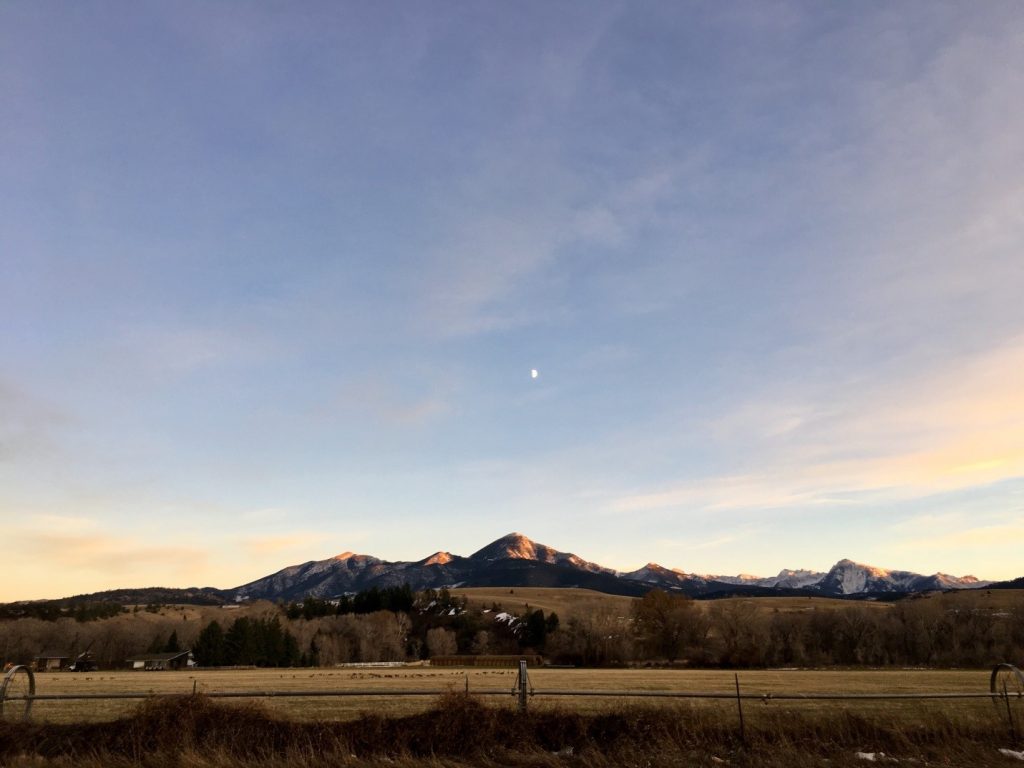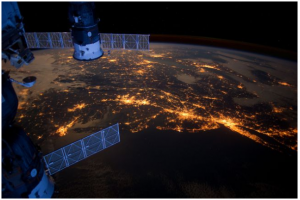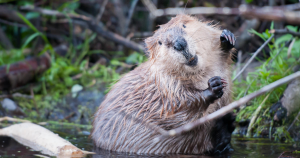By Alexis Van Pernis
It’s the beginning of my service term so I’ve spent a lot of the past month introducing myself. By now I’ve got my spiel down pretty well: My name and what I’m doing in town, where I’m living and how long I’m here for and, of course, the million dollar question (for me, at least), where I’m from.
When people find out I’m from Hawaii they often have a lot of questions. Paramount is why I would ever leave the warmth (it’s a toasty 83 degrees in my hometown of Holualoa right now compared to 22 degrees in Livingston) and how in the world I ended up in Montana, specifically in Livingston.
The truth is, Montana reminds me a lot of the Hawaii I’m from. Both places are heavily shaped by their natural environment and are places where their residents are always trying to get out into that environment whether it be by hiking, hunting, skiing or surfing. Both places have a deep ranching history (Parker Ranch, on my island, is one of the oldest and biggest ranches in the United States) and the 4th of July rodeo is a marquee event in both places. Even the famous Livingston wind is familiar to me. My high school often recorded wind speeds of 50 mph (try walking to class in that!).
But the biggest similarity is the isolation. Hawaii and Montana are both beautiful isolated places and thus share some of the same challenges. Both of our economies rely heavily on tourism and the low-paying seasonal jobs that accompany it. We have the same “brain-drain” problem where our children go to college and never come back. We lack skilled professionals in many fields, especially healthcare.
But this isolation doesn’t only breed doctor shortages, it breeds independence. There’s a self-reliance and community I’ve felt in Livingston that reminds me of home. People are always ready to help, whether it be by bringing over excess onions from their garden or by raising money to buy the Christmas Choir a keyboard. The memories are long and people sit with coffee after dinner and talk about the new employee at the coffee shop who isn’t really new because she grew up in Clyde Park and actually her grandma still lives in Wilsall up by Don’s old ranch.
This attitude of self-reliance and community doesn’t just remind me of home, it comes up again and again in the conversations I’ve had about conservation and energy. People here are approaching waste reduction and renewable energy not simply as a good deed for the planet but as a quality-of-life issue. They’re excited about the possibility of generating energy in their own communities or on their own homes instead of relying on a large electric company. They’re interested in supporting local agriculture so that they can support their friends and neighbors. They view reducing landfill waste as a way to free up money for other needed services. They want to keep their kids safe by making Livingston more bikeable and walkable. There’s millions of reasons floating around town for supporting conservation. As I’ve been listening to them I’ve come to realize that my job here isn’t to lead the charge; there’s plenty of community members already doing that. My job is to act as support staff by giving them the hard data and details they need to turn their reasons into actions.








